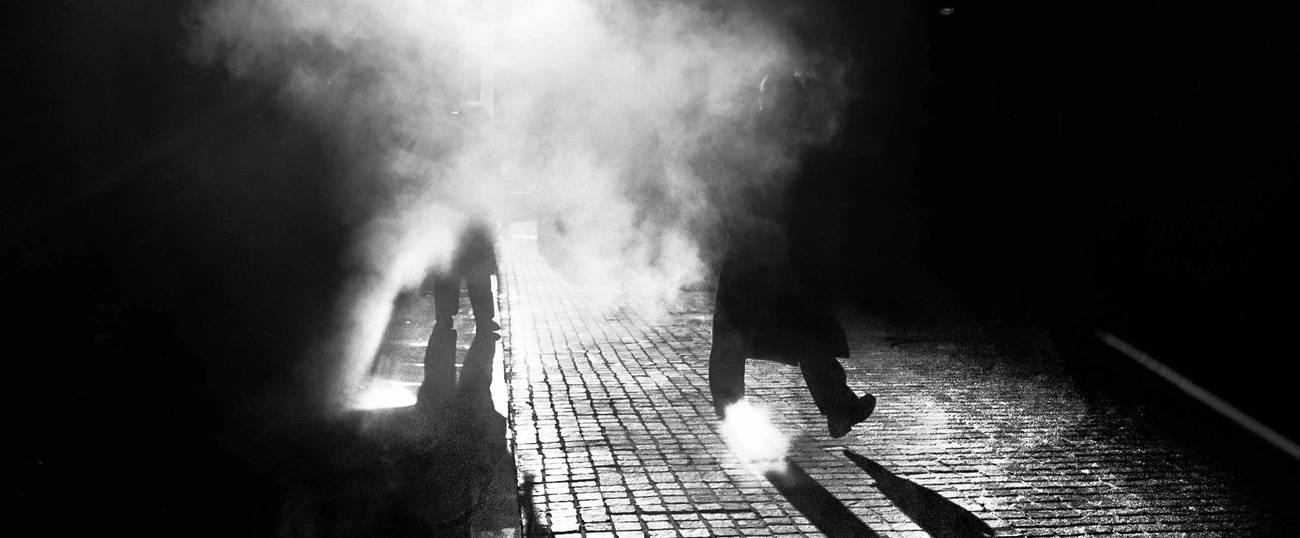The Best Novel of 2017 That You Never Heard Of
Bookworm: Jacob M. Appel’s life-affirming elderly suicide novel ‘Millard Salter’s Last Day’ is a highwire act balancing tragedy and comedy




Hidden beneath a perplexingly nondescript book jacket is one of the best novels of 2017, Millard Salter’s Last Day by Jacob M. Appel. Millard Salter is a wry old New Yorker who after 75 mostly satisfying years wakes up on his birthday determined to leave the party fashionably early. With the exception of a single dodo son, Millard’s children are successful, his practice as a shrink is in good shape, and the state of his love life means he has likely contributed to the growing STI epidemic among senior citizens. What better moment to commit suicide?
Appel’s opening paragraph has all the right measurables: a complex first sentence full of information but bursting still with question marks, a whole life story without any nonsense distracting details, introspection, warmth, and finally, that shoulder-shrugging sort of wit that shows you humor even in the grim subject of suicide. The entire novel is the same kind of complex juggling act. For a less skilled writer, the subject of elderly suicide offers ample opportunity for ham-fisted sentimentality that leaves you with a compulsion to call your grandparents. Conversely, in trying to put off all those icky feelings associated with death, it would have been easy enough to let things turn slapstick. But this book does neither.
Appel goes after the more difficult task of writing a compelling story about death that is neither tragic nor outright comic. Death in this book is treated not with disregard, but with a sort of irreverence, a light touch that allows the writer to stack details and ideas without ever getting too macabre or pedantic. And yet somehow even beyond that, there’s a strange, wise charm to it all. You really don’t ever think a book on suicide could ever be life-affirming, but this one is.
Most of the book physically takes place while Millard goes from appointment to appointment on his last day, counting his lasts, getting his affairs in order, spending time with his terminally ill girlfriend and his patients and children, even saying a short goodbye to his estranged ex-wife. Yet the true setting of the novel is Millard’s cerebral cortex. In one scene Millard meditates on the improbability of finding love and its supremacy over all human affairs by lightheartedly casting aside the importance of things like childbirth and parenting. These are just trifles. What really matters is the moment before the universe has fully decided whether two people talking about Leontyne Price in an elevator will become lovers or remain friends. What an unlikely little miracle love is, Millard reflects.
As Millard keeps looking at his watch, always afraid of falling behind schedule on his last day, you inevitably start to feel a certain anxiety not only when he gets side-tracked, but whenever it becomes clear that some of his activities aren’t worthy of anyone’s last day. But because Millard sees serenity in death, it is treated with ease and insouciance, with plenty of louche New York Jewish humor. And so greater yet is the anxiety that comes as Millard, with a wistful chuckle, ticks things off of his list, realizing that he won’t be able to accomplish them before the end of the day, and therefore won’t ever accomplish them.
Death, really, is something that happens to other people. Internalizing the idea that we might eventually run out of time—that there are books we won’t be able to read and places we won’t ever be able to visit or even that at some point we’ll have a last lunch with someone we love—is about as difficult as trying to understand an abstraction such as what exists beyond the universe.
Even for Millard the notion of death is almost too foreign and too hard to grasp. He routinely puts things off until tomorrow before quickly correcting himself.
This, really, is the genius of the book. Even for someone dedicated to the idea of killing himself, the inability to understand death as anything other than a purely theoretical but ultimately imaginary concept—like lizard morality or the L train shutdown—offers up the notion of perpetual tomorrows. The idea that we have a last day, that there is a last time we’ll do certain things, even when we are determined to make it happen ourselves, is almost ridiculous. Millard doesn’t doubt that he will kill himself and yet at the same time there is also a part of him that believes he really will get to these things tomorrow.
Tomorrow is an inescapable concept, even for someone who is about to kill himself. Whereas death, well, that can be put off until tomorrow. I wonder why more books can’t be written this way, and of course, if they’ll jazz up the book jacket for the second printing.
***
Read Alexander Aciman’s Bookworm column in Tablet magazine on Mondays.
Alexander Aciman is a writer living in New York. His work has appeared in, among other publications, The New York Times, Vox, The Wall Street Journal, and The New Republic.